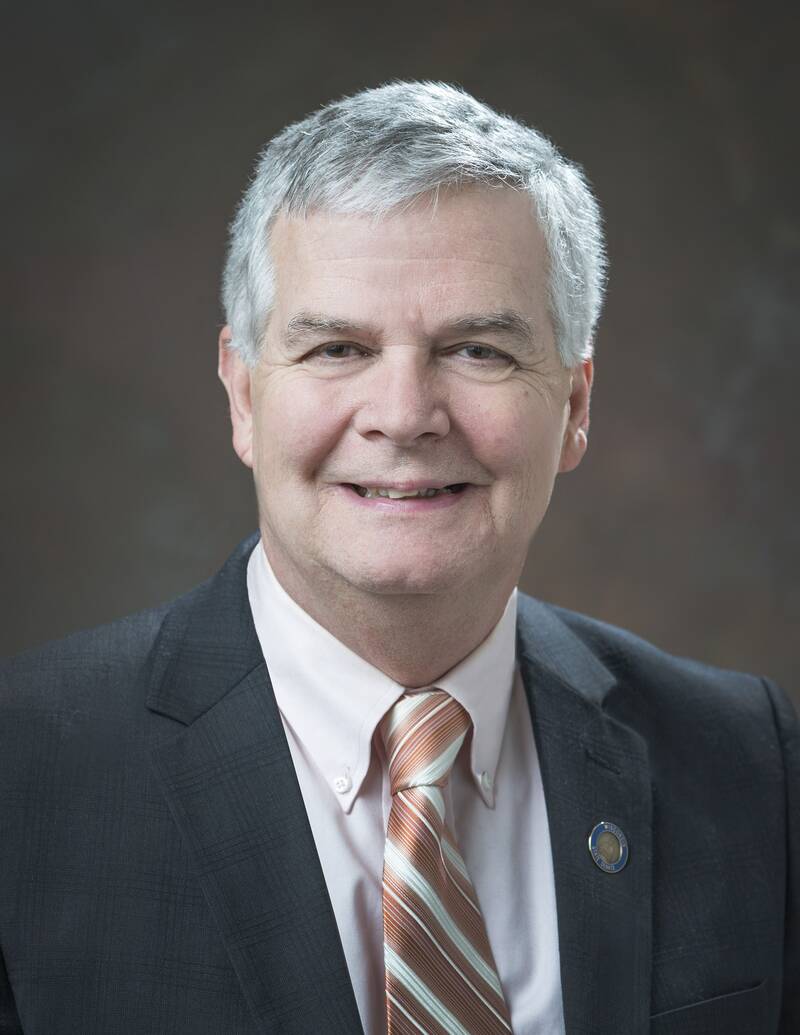This is the first of three columns describing the importance of water in Wisconsin
We take a lot of things for granted in life. Our car will always start, our dogs will always love us and the water we drink will always be clean. Like all these assumptions, nothing is guaranteed. Much like the adoration of our pets or the dependability of our vehicles, the quality of our water critically depends on the care we take for protecting the things we love and depend on the most.
When we turn on the faucet to fill a glass of water or sip from a drinking fountain, we have a reasonable expectation the water is safe. This blind trust is mostly due to the protections we have in place and the oversight of the United States Environmental Protection Agency and the Wisconsin Department of Natural Resources.
Governor Tony Evers declared the year of 2019 as the “year of clean drinking water” in his State of the State speech on January 22nd. I can’t agree more with the Governor -- that’s why, for the next three weeks, I will be writing about how water is life, prosperity and our most precious resource.
Water is life. According to H.H. Mitchell, Journal of Biological Chemistry 158, the United States Geological Survey cited that “the brain and heart are composed of 73% water, and the lungs are about 83% water. The skin contains 64% water, muscles and kidneys are 79%, and even the bones are watery: 31%.” Overall, our body consists of 60% water. It’s recommended that we drink eight 8 ounce glasses of water each day to stay hydrated.
Water is critically important to our biology. Unfortunately, it is much easier to contaminate our drinking water than it is to clean it up. Each time our drinking water becomes polluted, we become less concerned about polluting it in the future because we troubleshoot the problem and then adjust our expectations. It’s like the boiling frog theory: if a frog jumps into a pot of boiling water it jumps out immediately, but if the frog is in the pot while the water slowly boils it remains.
There are many countries that did not prioritize clean, accessible water until it was too late. Right here in North America, nearly three-quarters of people in Mexico drink packaged water, and they consume more bottled water per capita than anywhere else in the world.
Wisconsin is not immune to the emergency of contaminated drinking water. In Kewaunee County, samples from a recent study showed 60% of private well systems were contaminated with excess nitrates from human and animal waste. Even with protections in place, we cannot take clean water for granted. Going forward, we must work with professionals to enforce fact-based, scientific approaches to protect the public’s drinking water.
Water is life. We must count on our elected leaders in Madison and our best scientists to protect our fragile drinking water supply. When we start our cars during the next polar vortex, come home to our pets after a long day at work or take a cool drink of life-giving water; those are all reminders we must give the greatest care to the things we depend on the most.



Add new comment